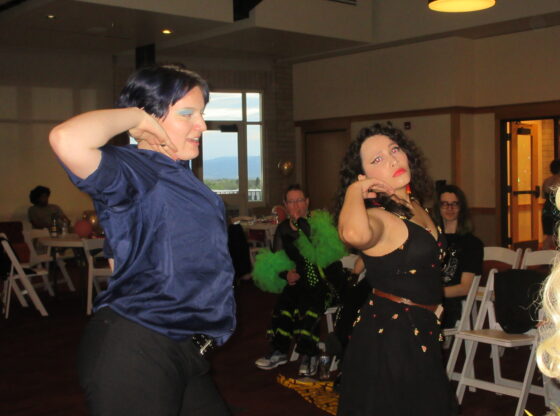Psilocybin mushrooms, otherwise known as shrooms or magic mushrooms, are a group of wild or cultivated fungi that induce psychoactive and hallucinogenic effects. Psilocybin is considered a Schedule I drug in the United States, meaning there is high potential for drug abuse.
The active ingredient, psilocybin, was first discovered by Dr. Albert Hofmann in 1958. Hofmann also discovered lysergic acid diethylamide, otherwise known as LSD.
Magic mushrooms are legal in the Netherlands, Jamaica, Austria, Costa Rica, Canada, Spain and more. Shrooms are decriminalized in Denver and Oakland.
In Denver, there are no legal mushroom dispensaries, but therapists are able to provide mushrooms for depressed clients and are trained on how to deal with traumatic trips and any possible negative side effects of the drug. By passing this new law in May of 2019, Denver police and prosecutors are unable to target the use of psychedelic mushrooms. Since 2019, there have been no new psilocybin charges in the city.
This decriminalization has encouraged states around the nation to look into the therapeutic effects of mushrooms. In Sept., the University of California at Berkeley launched a new center for psychedelics research and education. Scientists in this building are researching how psychedelics interact with the human brain.
Researchers at John Hopkins have noted the powerful therapeutic properties of mushrooms from treating smoking addiction, anorexia, drug addiction and depression. Scientists are trying to elaborate on this research to see the full potential of shrooms and how they can be beneficial to society.
Shrooms can cause people to see, hear and feel sensations that are not truly there. These effects vary depending on dosage, age, weight, emotional state, environment and mental illness. People consume psychedelic mushrooms for an experience of self-discovery. All mushrooms are capable of emitting a psychedelic effect. This heightens existing colors, patterns, sounds, tastes and textures that allow individuals to force their perspective on the world.
Similar to the legalization of marijuana, there has been a wide public debate on legalizing mushrooms. Many studies have confirmed that carefully monitored and controlled use of mushrooms may be beneficial for psychiatric disorders, personal development and creative enhancement.
The research is done by nonprofit organizations like the Multidisciplinary Association for Psychedelic Studies (MAPS), the Beckley Foundation and the Heffter Research Institute. This research is not supported by academic or government institutions due to controversy surrounding its status as a Schedule I drug. These drugs are not currently accepted as a medical use at a federal level. Similarly, marijuana is considered a Schedule I drug. This strengthens the arguments and controversy around decriminalizing and legalizing marijuana and mushrooms.
The Food and Drug Administration in early 2019 has approved research into psychedelic mushrooms as a promising treatment for depression. One dose of psilocybin can impact the brain and create positive long-lasting impacts that dissolve depressive symptoms.
Clinical trials are currently happening and have been very successful. Phase two of the trials is expected to end in 2021, and scientists expect the research to move quickly into phase three out of four. This step could potentially move the nation towards decriminalization on a federal level, and improve the overall societal perception of psychedelic mushrooms.
The positives of using psilocybin to treat depression are founded on the mushroom’s ability to help patients reconnect with their emotions. It acts quickly and in a manner suitable for long-term use. The negatives include unsettling experiences, such as paranoia, confusion, distressing thoughts and bad hallucinations. These side effects are more common with consuming a high dose of shrooms, or if they are being taken in a stressful or bad environment. These side effects vary greatly on the person.
Scientists are hopeful that further breakthroughs with psilocybin will improve how the medical industry treats patients with depression. There is still more research to be done on the effects of the psilocybin mushrooms, states and countries around the world are investing time and money into the legalization and study of this promising, albeit controversial, new drug.











